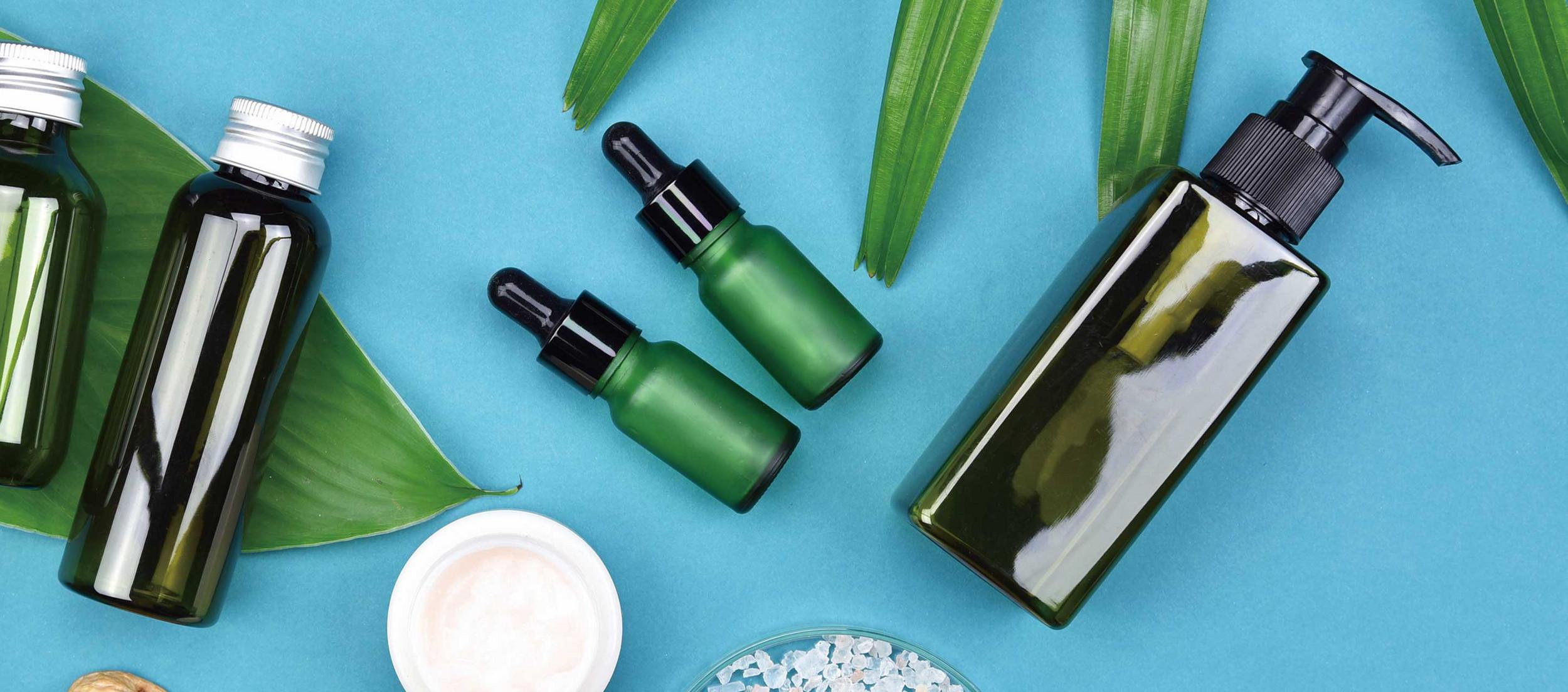Shop At Haya: Your Ultimate Shopping Guide
Discover the best shopping tips, trends, and deals for a smarter buying experience.
When Makeup Meets Technology: The Future of Cosmetics
Discover how tech is transforming beauty! Explore the future of cosmetics where innovation meets artistry in our latest blog post.
How Augmented Reality is Revolutionizing Makeup Applications
Augmented Reality (AR) is transforming the beauty industry, particularly in the realm of makeup applications. With AR technology, brands are able to offer consumers a virtual try-on experience that allows them to test various makeup products in real-time. This innovative approach enhances the shopping experience, as users can experiment with different shades and styles without the need for physical products. According to industry trends, the integration of AR in beauty apps is not just a gimmick; it provides a practical solution for individuals looking to find their perfect look from the comfort of their own homes.
Moreover, the rise of AR in makeup applications is enhancing consumer engagement and satisfaction. By utilizing AR-powered tools, brands can create interactive experiences that encourage users to explore diverse makeup options, receive personalized recommendations, and share their looks on social media. This revolution in makeup application not only boosts sales but also fosters a sense of community among beauty enthusiasts, as they can easily connect, share tips, and inspire one another through digital platforms. As technology continues to evolve, the future of makeup is undoubtedly intertwined with augmented reality.

The Role of AI in Personalized Beauty Products
The landscape of beauty products is rapidly evolving with the integration of AI technology, making personalized beauty more accessible than ever. By leveraging data analytics and machine learning algorithms, brands can now analyze individual preferences, skin types, and concerns to create customized products that cater specifically to the unique needs of each consumer. This level of personalization not only enhances user satisfaction but also fosters brand loyalty, as customers feel valued and understood.
Moreover, AI-driven solutions can help in formulating products that consider various environmental factors, including climate and pollution levels, which can affect skin health. The use of AI in personalized beauty goes beyond product recommendations; it can assist in creating custom formulations that may include serums, creams, and cleansers tailored to an individual’s biological and lifestyle needs. As the beauty industry continues to embrace innovation, the role of AI in creating personalized experiences will only deepen, setting new standards in customer engagement and satisfaction.
Can Technology Replace Traditional Makeup Techniques?
The debate on whether technology can replace traditional makeup techniques has gained traction as innovation continues to reshape the beauty industry. With the advent of augmented reality applications, such as virtual try-on tools, consumers can now experiment with different looks without the need for physical products. These tools not only provide an interactive experience but also cater to a wider audience, allowing individuals to explore various styles and colors that they may have never considered. The convenience and efficiency of these technological advancements raise the question: are they merely supplements to traditional techniques, or are they poised to take their place entirely?
While traditional makeup techniques rely heavily on the skill and artistry of makeup artists, technological tools offer accessibility and precision. For instance, AI-powered recommendations can analyze skin tones and suggest personalized products, enhancing the shopping experience. Moreover, 3D-printing technology is emerging, providing customizable makeup products tailored to individual preferences. However, the emotional connection and artistry found in traditional makeup cannot be easily replaced. In conclusion, while technology undoubtedly transforms how we approach beauty, it may serve more as a complementary ally rather than a full-fledged replacement for traditional makeup techniques.